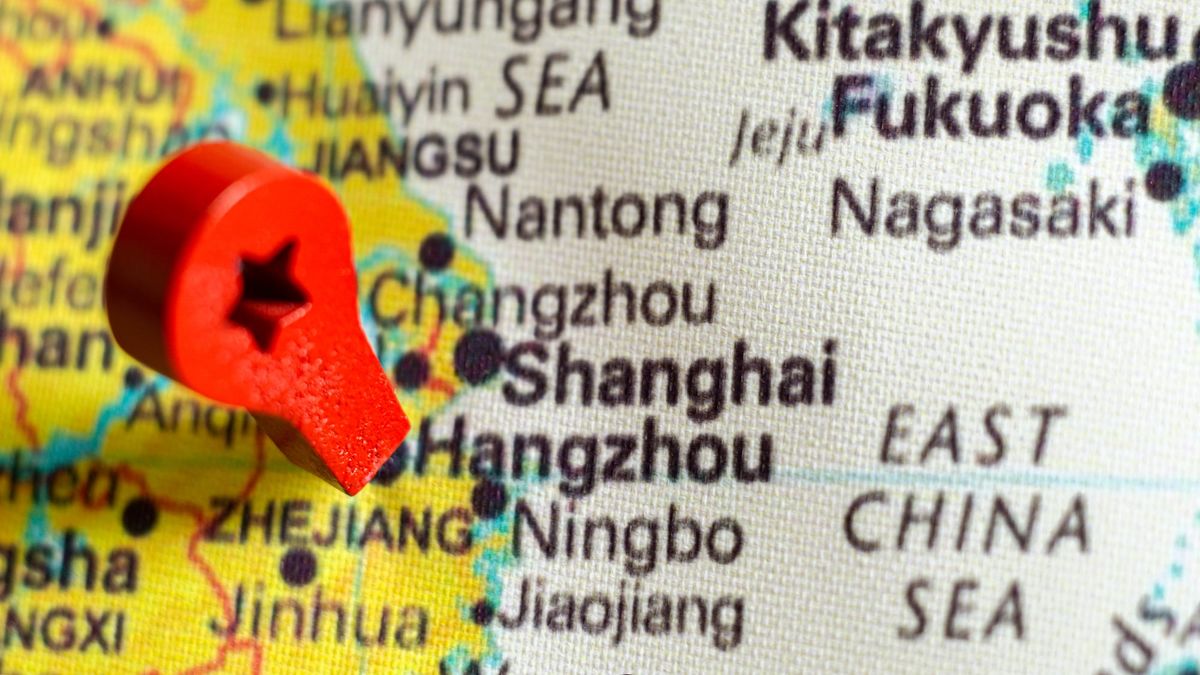China to build quarantine mega-centres for overseas arrivals
The specialised quarantine facilities are a cornerstone to the nation's 'Covid zero' strategy.

China is asking city governments to create specialized quarantine facilities that can house thousands of overseas arrivals, as the country continues to take a zero-tolerance approach to keeping out Covid-19.
Local authorities have until the end of October to convert or build the hubs, National Health Commission official Cui Gang told a briefing this week, with the requirement for at least 20 rooms for every 10,000 residents.
The goal is to prevent the country’s quarantine facilities from becoming “scattered” and “disorganized,” Cui said.
Cities will also need to provide a list of backup accommodation locations to ensure the effectiveness of their quarantine systems, Cui said.
The move comes as as an outbreak of the delta variant slows in the northern Chinese city of Harbin, near the Russian border, and an earlier flare-up in southeastern Fujian province looks to be contained.
The highly-contagious virus strain breached a country that has some of the world’s toughest pandemic measures, making it a standard bearer for the so-called Covid Zero strategy that aims to snuff out all infections.
The approach, which helped countries like China, New Zealand and Singapore minimize deaths for most of the pandemic, is now being questioned as other parts of the world start to open up despite ongoing cases.
Critics say it is isolationist and less effective against the more transmissible delta.
China currently requires all returning travelers to quarantine for at least 14 days, with few exceptions for those who are vaccinated.
The new quarantine centers will be put into service in batches, Cui said.
Cities that typically see a substantial number of inbound travelers and port cities with high numbers of imported Covid cases should construct medical observation “health stations” he said, and build large quarantine centers that can be put to use in emergency situations.
China’s current quarantine facilities, which are mostly limited to hotels, will be closely inspected to make sure they meet certain standards in terms of location, layout and facilities in order to prevent cross-infection, he said.
This article is published under license from Bloomberg Media: the original article can be viewed here
